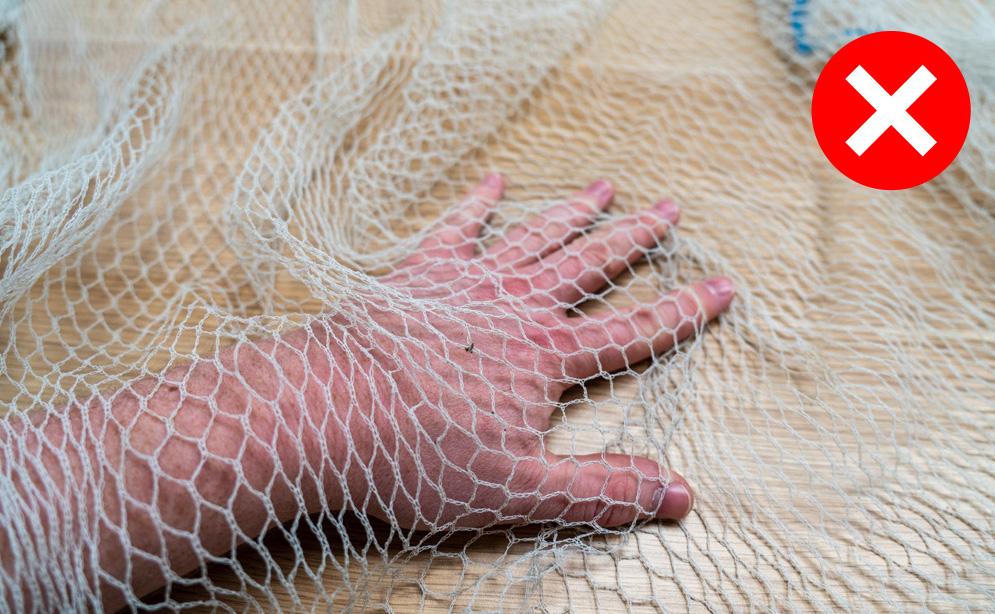New laws banning the use of “dangerous” fruit tree netting in backyards across the Australian capital will be implemented to protect native wildlife such as birds, possums, snakes, and flying foxes.
On Sept. 19, the Australian Capital Territory (ACT) government introduced laws to ban netting with holes larger than 5 millimetres (0.2 inches).





